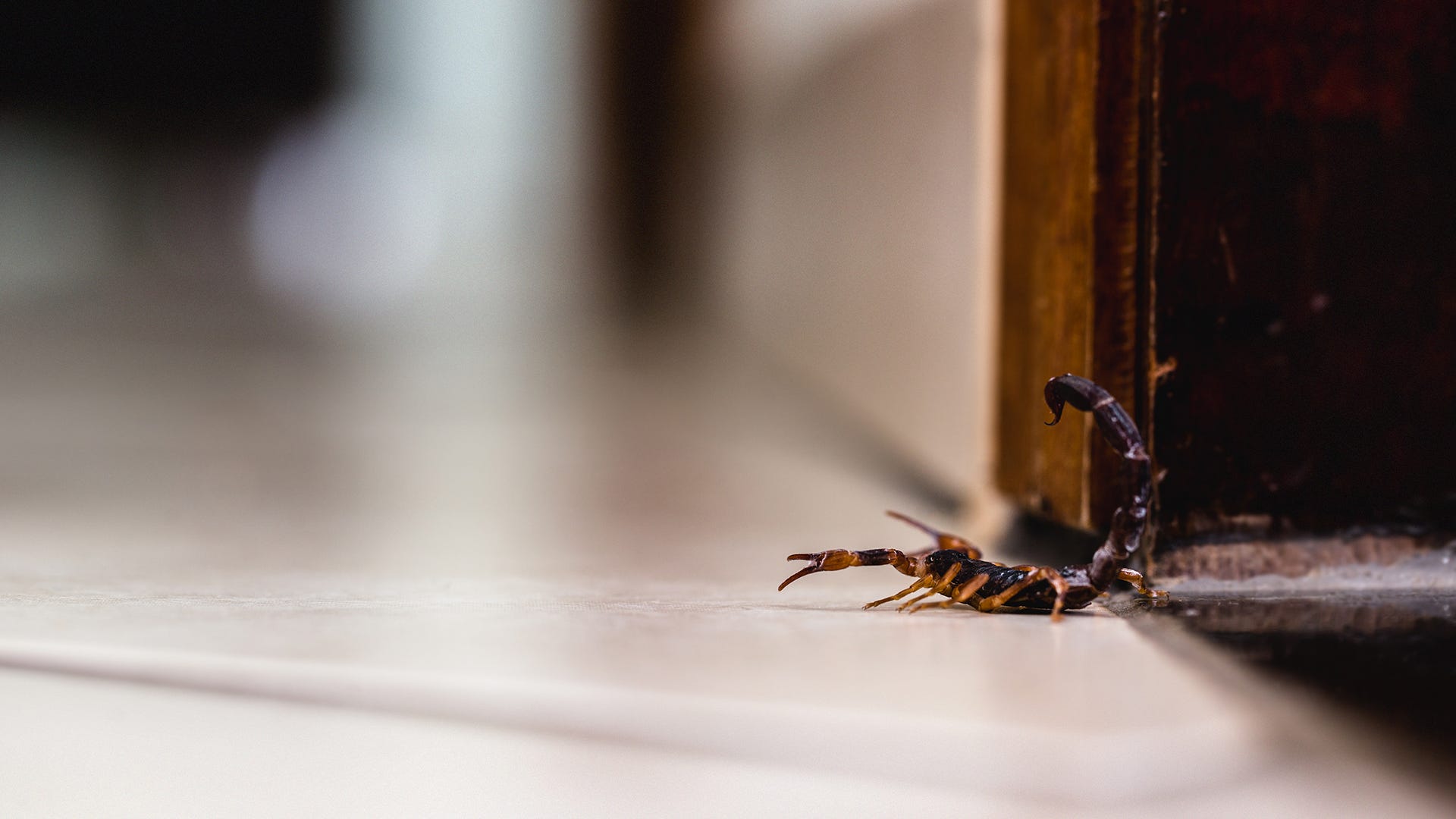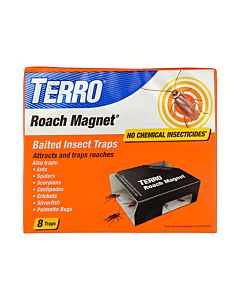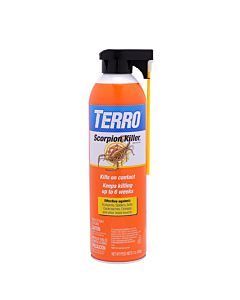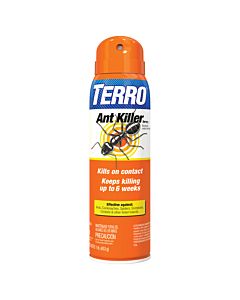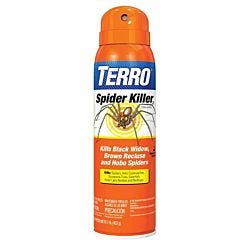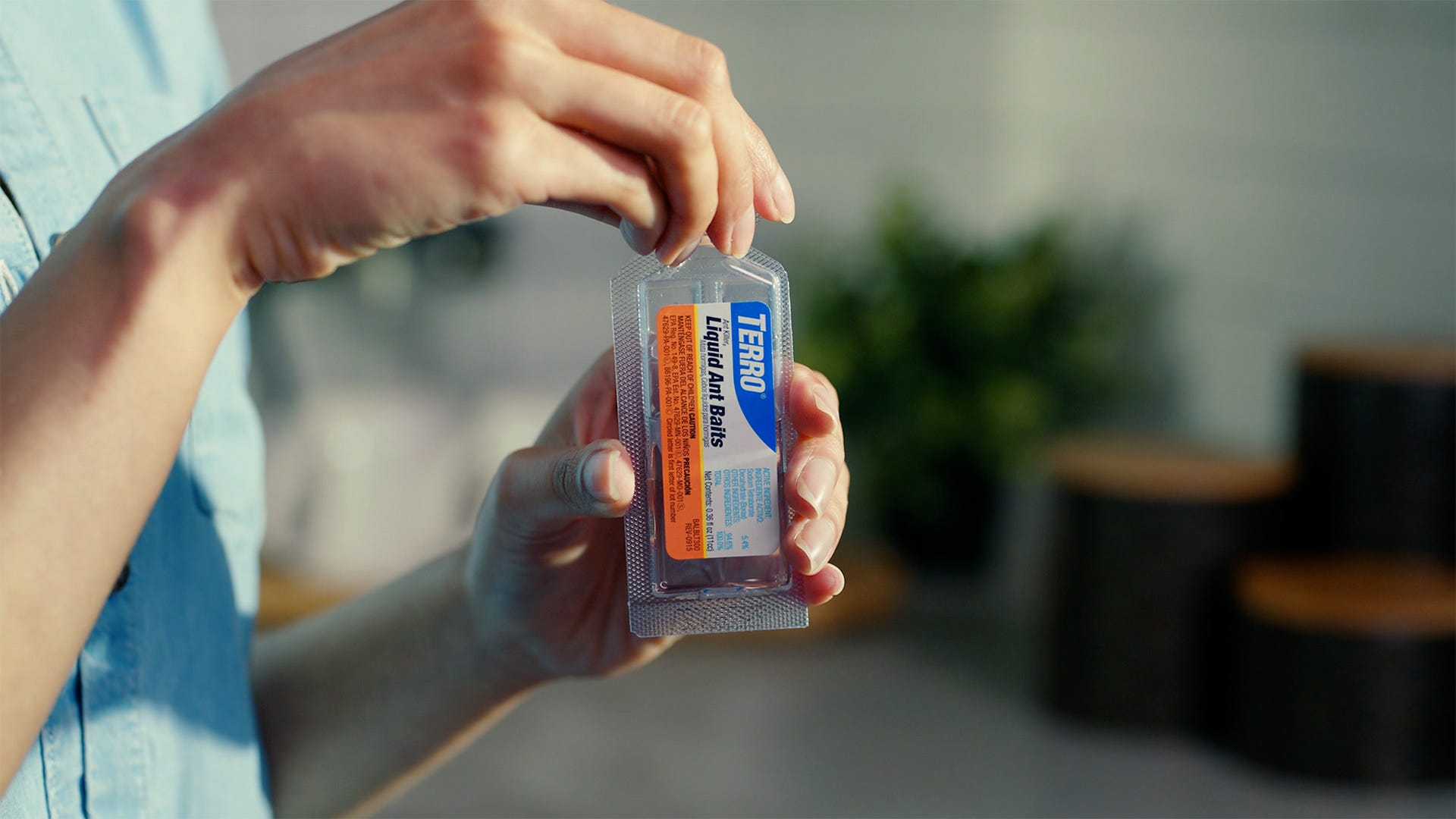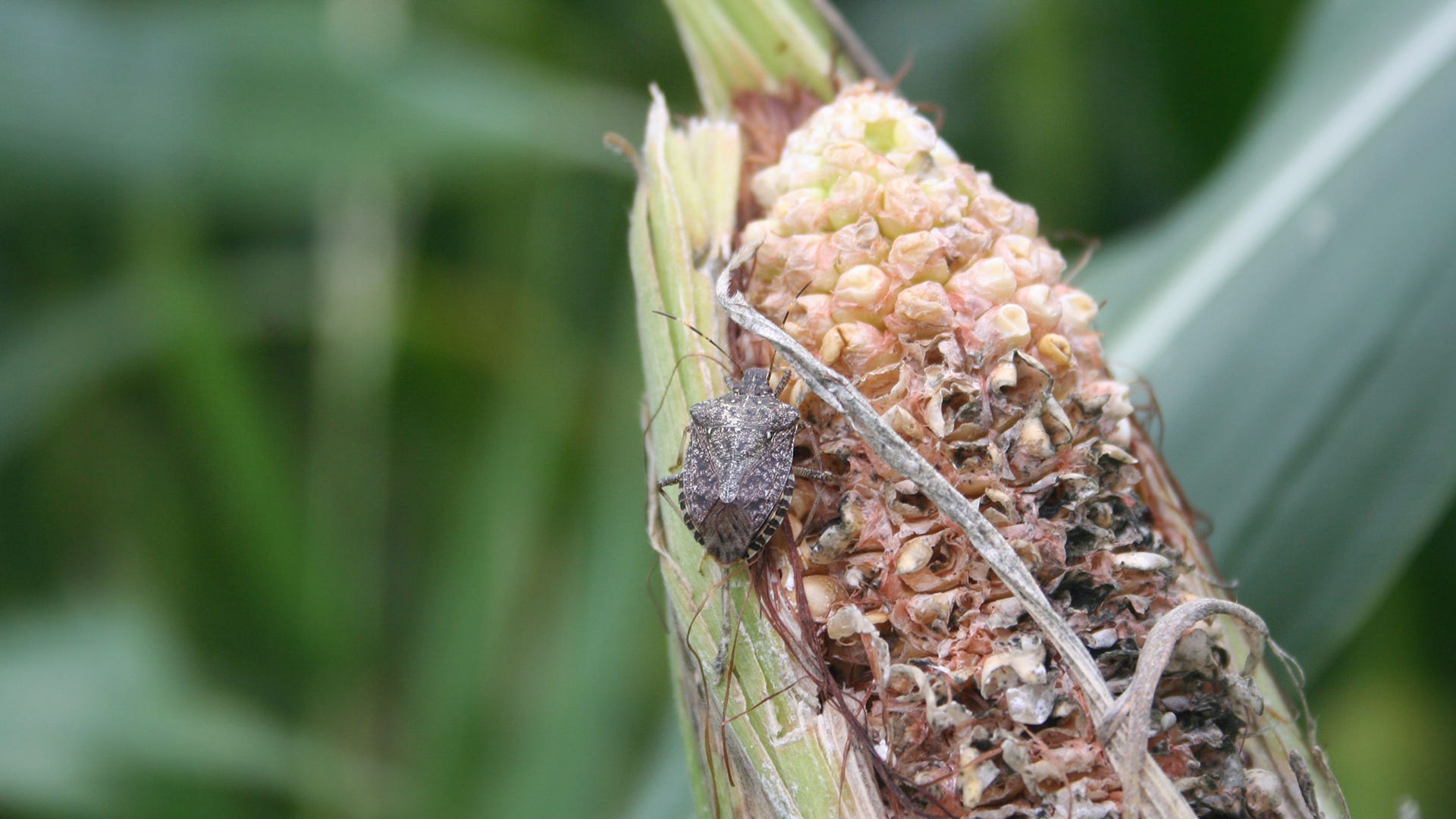With their stinger and their reputation, no one wants to come face to face with a scorpion. Scorpions are pests closely related to spiders, mites, and ticks, commonly found in the southern/southwestern part of the United States. These nocturnal creatures can make their way into your home or garden, giving you an unpleasant surprise when you find them. Learn how to prevent scorpions before they have a chance to make your property their territory.
What Attracts Scorpions?
Scorpions may enter your home through little holes in your walls and ceilings, searching for food, water, or shelter. Because they are small, scorpions can gain entrance into your home wherever an opening may be. Scorpions like dark places, so basements are a typical place where they might go and hide. Places around your home that might be attractive to scorpions are in the attic, closest, inside shoes or piles of clothing, beneath furniture, or on curtains or in curtain rods.
During summertime, or when the weather is particularly hot, scorpions will make their way into your home in search of water, so any room that has moisture might be attracting the pests into your home. Once in your home, scorpions can mate and give birth to live babies. It’s hard to get rid of scorpions once they have already infested your home.
Rotting logs or leaves can also attract scorpions near your home. These are things that can provide the scorpions with damp, cool habitats that can give them the insects they need to eat and survive. Their diets consist mostly of insects, like spiders, centipedes, and even other scorpions.
Places outside that scorpions can find attractive are under mulch, flowers, or stone. They can also live in the cracks of the foundation of your home. A scorpion will light up under a UV light, so you can identify where they are hiding in your home and outside with a blacklight.
Do Scorpions Cause Damage?
Scorpions won’t cause much damage to your home’s infrastructure, nor will they cause harm to your garden. They do have some great benefits for the environment and potentially your yard. Feeding on other pests that damage your home and garden - along with controlling their population by eating their species - scorpions can help with controlling the bug population. Some research shows that even some properties in scorpion venom are medically beneficial.
However, scorpions do sting. Humans can experience the feeling of a bee sting when stung by a scorpion. There are a handful of species of scorpions that can be potentially fatal to humans, so it’s important to be alert and aware of scorpions in and out of your home.
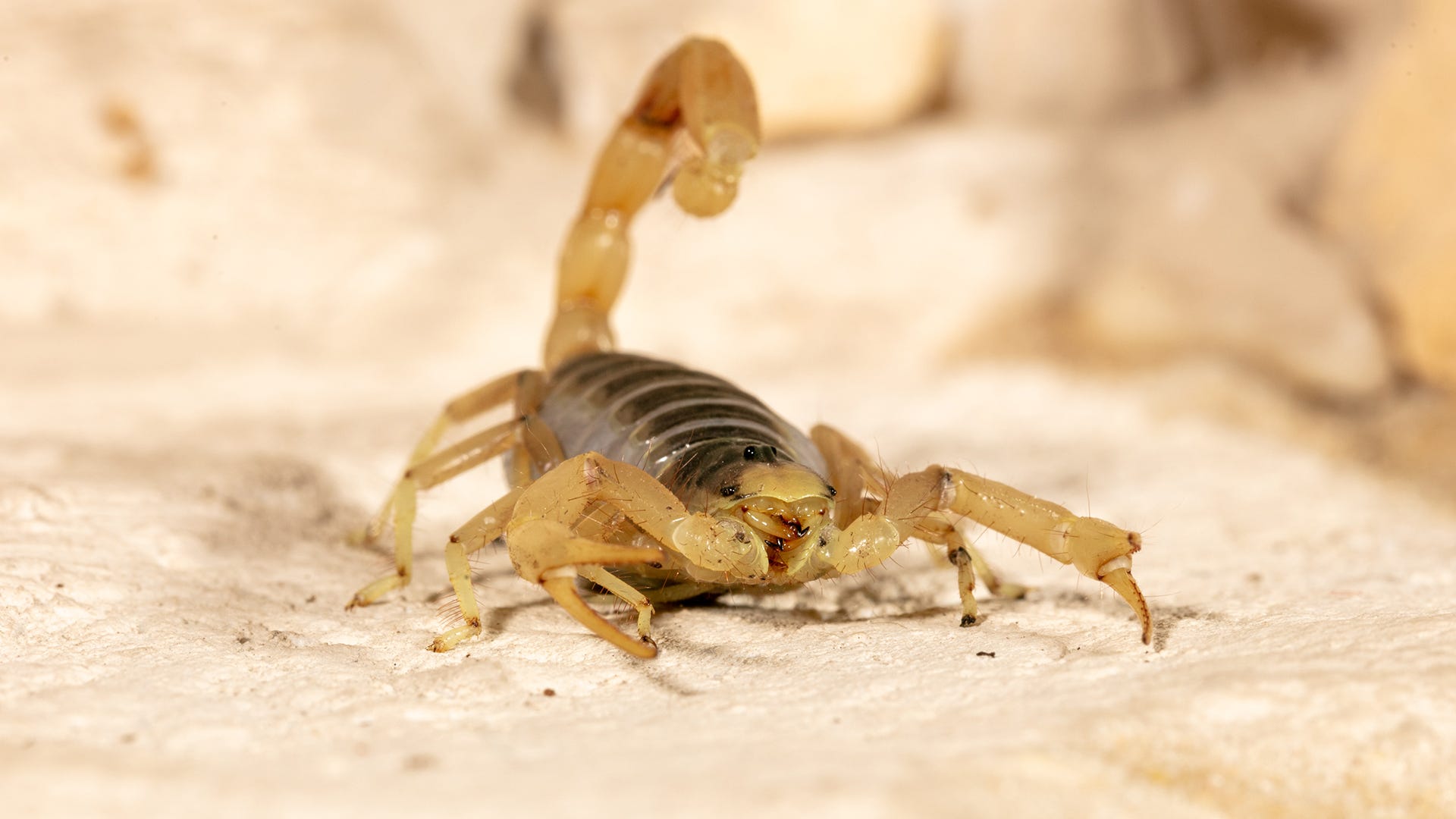
How to Prevent Scorpions
Scorpion prevention starts with the outside of your home. Eliminating the trash, debris, and other things lying around your house can limit the number of scorpions around your home. Keeping your grass mowed and branches trimmed can also prevent scorpions from coming inside your home.
Making sure that there aren’t any access points around your house, sealing holes, and replacing screens to stop them from coming in. Spaces beneath doors can also be an entry point for these creatures, so door sweeps can also be a prevention tool. Because scorpions are attracted to water, eliminating any standing water inside or outside of your house is a good idea too.
Sticky traps aimed at rodents can help catch scorpions before they get too far into your home. Essential oils, like lavender, cinnamon, peppermint, and cedar, are said to deter scorpions – you can use these oils on entry points. Terro® has scorpion control products that allow you to protect your home with spray.
Advice for Scorpions
Scorpions aren’t fun to deal with. Did you have a scorpion scare? Tell us how you solved it or any tips that you discovered when dealing with these critters on our Facebook Page. For more on fighting pests, insects, and everything in between, or to receive exclusive updates on products, subscribe to our enewsletter.

